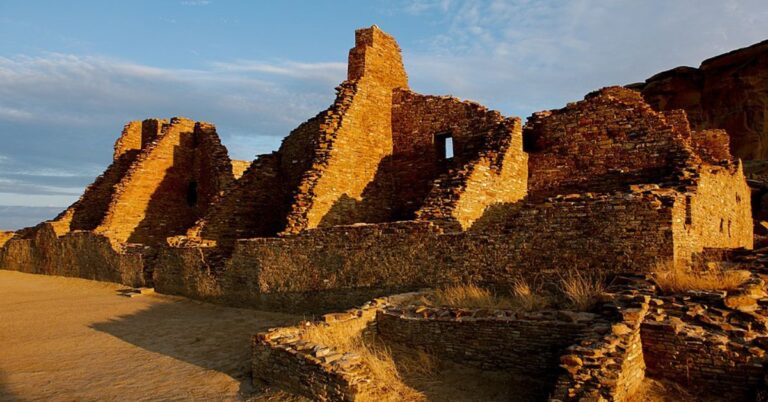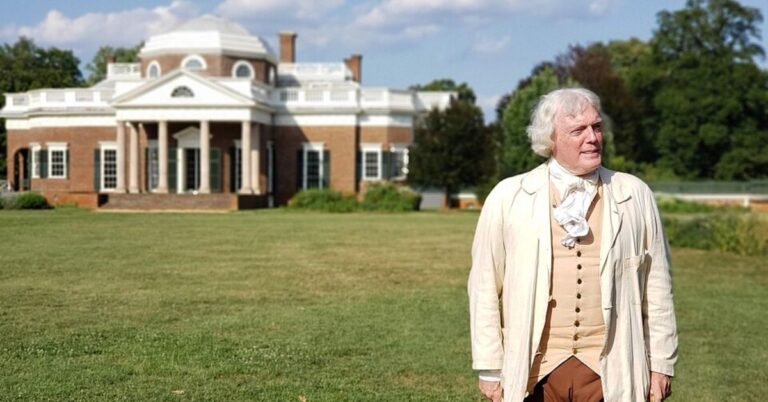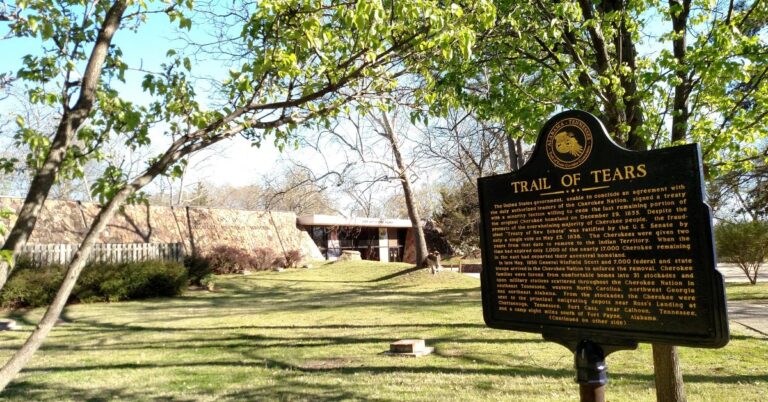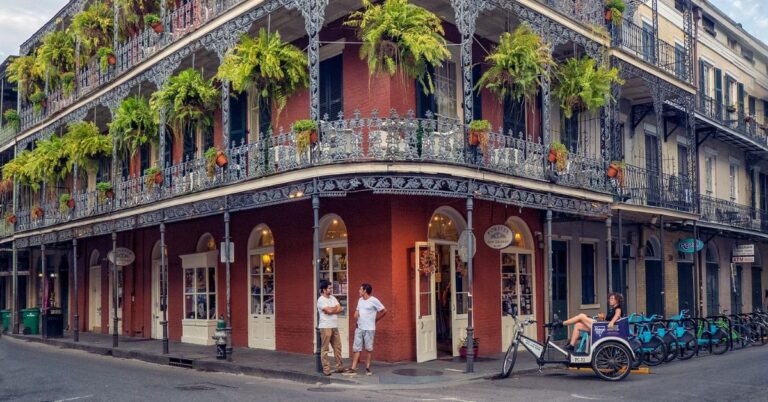15 Moments In History That Nearly Reshaped The World
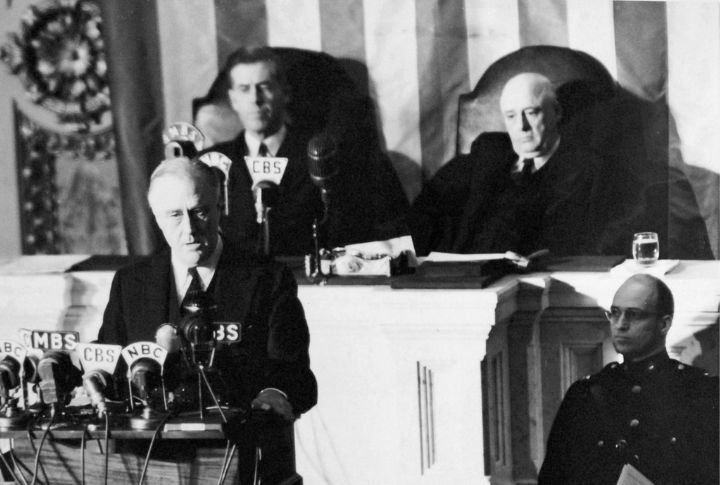
History often pivots on the narrowest of edges. These are the near-misses, the moments that almost unraveled reality. One wrong move or a delayed decision, and the world we know today might have looked entirely different. Let us look at 15 events that had the potential to alter the course of history had they gone on a slight deviation.
The Cuban Missile Crisis (1962)
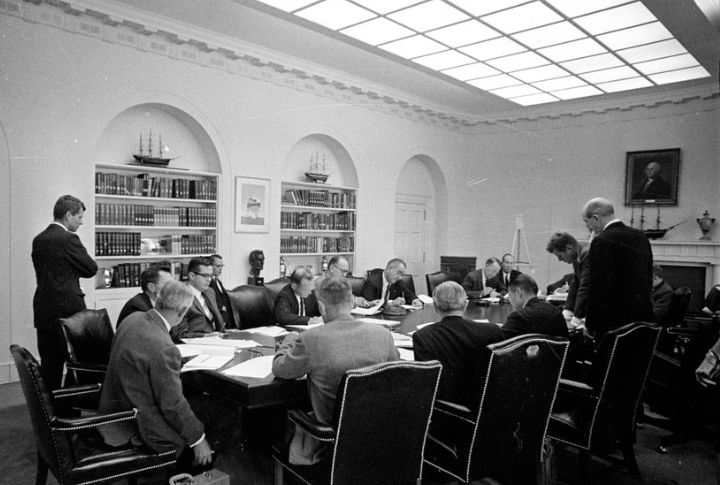
One phone call too late could have changed everything. As Soviet missiles neared operational status in Cuba, U.S. forces prepared for invasion. Fortunately, diplomacy triumphed after tense backchannel negotiations. Had those talks failed, the Cold War might have gone nuclear and altered humanity’s future irreversibly.
D-Day And The Weather Delay (1944)
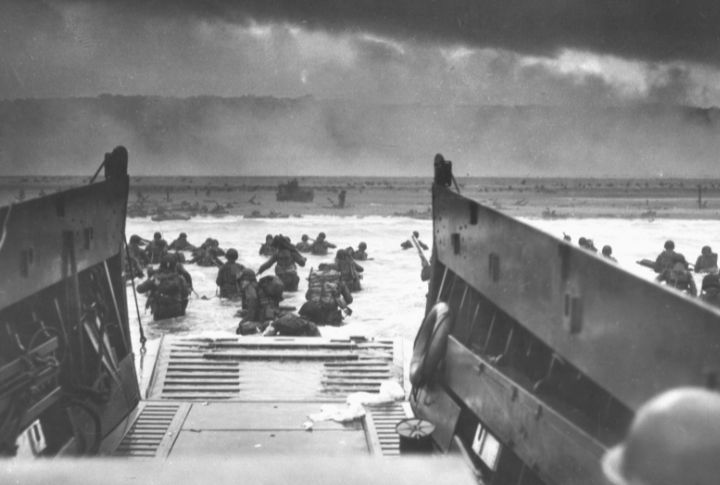
Dark clouds nearly grounded the largest amphibious invasion in history. A break in the stormy weather allowed the Allies to proceed with the Normandy landings. Without that narrow window, the Axis Powers, led by Germany, had the opportunity to repel the attack to prolong the battle or even change its outcome.
Hitler’s Arrest After The Beer Hall Putsch (1923)
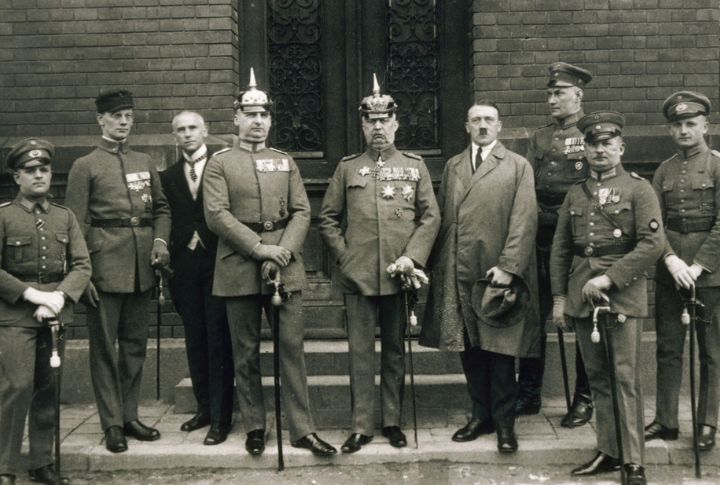
After his failed coup of 1923, known as the Beer Hall Putsch, Adolf Hitler received a relatively light prison sentence. While incarcerated, he wrote “Mein Kampf” and plotted his comeback. A longer imprisonment or harsher punishment could have ended his rise early and possibly prevented the horrors of World War II.
NORAD False Alarm (1983)
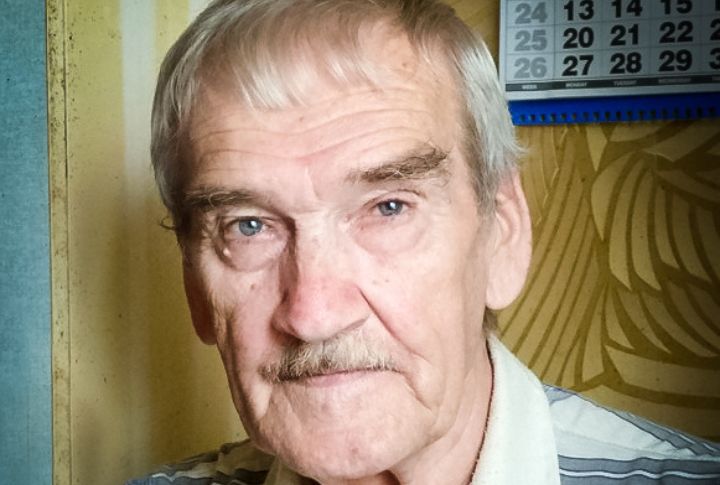
The computers at the Soviet missile detection system, Oko, detected a full-scale nuclear strike from the U.S. However, it was a false alarm caused by a technical glitch. A duty officer, Stanislav Petrov, decided not to retaliate, instead of escalating the situation. His calm decision prevented nuclear military action when humanity’s fate came down to one man’s judgment.
The Attempted Killing Of FDR (1933)
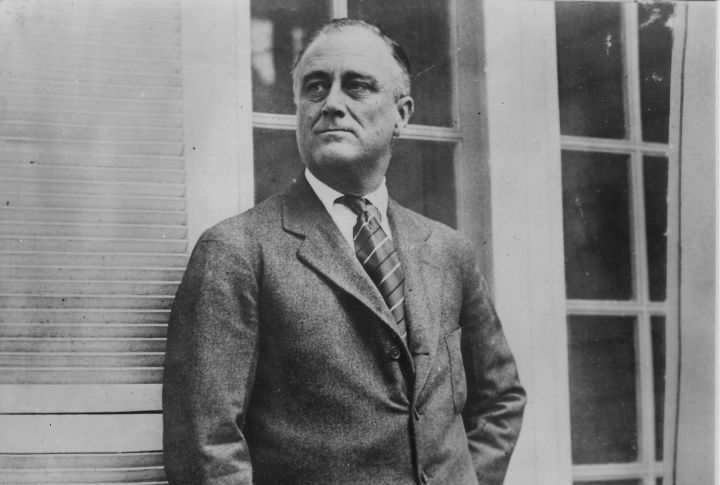
Five shots were fired at Franklin D. Roosevelt during his speech in Miami, days before his inauguration as the President of the United States. He escaped injury, but Chicago’s mayor, Anton Cermak, standing beside him, was killed. Had FDR been killed that day, America’s leadership during the Great Depression and WW II could have followed a different path.
The Battle Of Marathon (490 BCE)
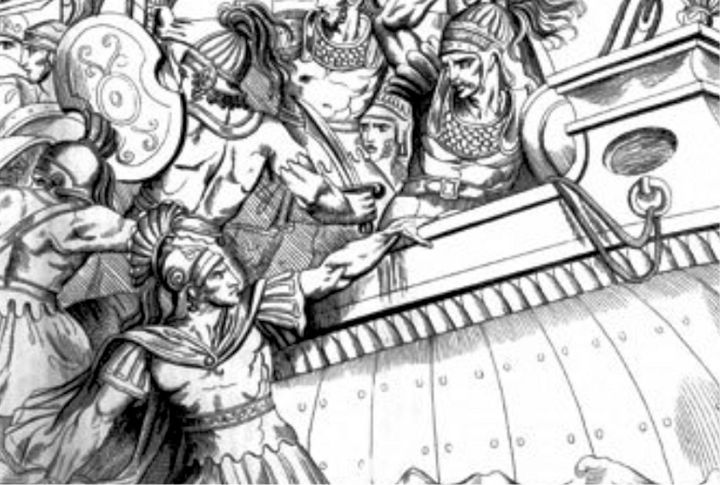
It was a defining moment. If Persian forces had overwhelmed the Athenians at Marathon, the fledgling ideals of democracy and individualism had the potential to be crushed. Everything hung on that battlefield, and the Western political philosophy we see today would be one that evolved under the principles of Persian autocracy rather than Greek civic participation.
Archduke Franz Ferdinand’s Assassination (1914)
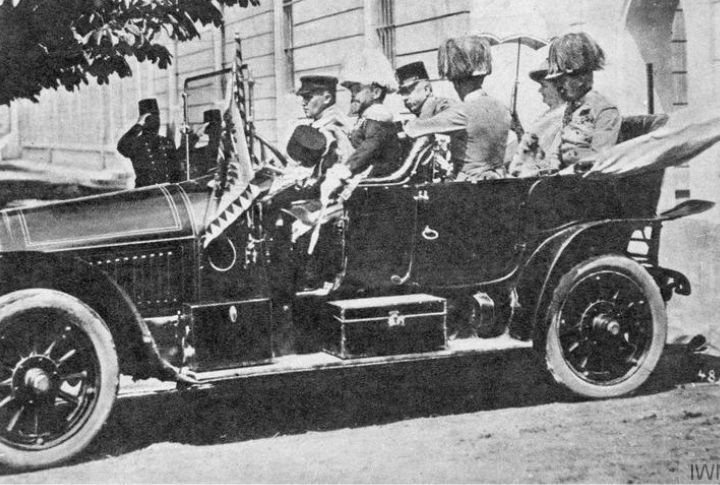
A member of the Serbian nationalist and paramilitary group, the Black Hand, failed to assassinate the Archduke of Austria. Hours later, fate intervened when the royal car took a wrong turn, passing by another member of the Black Hand, Gavrilo Princip, who killed the Archduke and his wife. One wrong detour led to the assassination that sparked World War I.
The Bastille Uprising (1789)
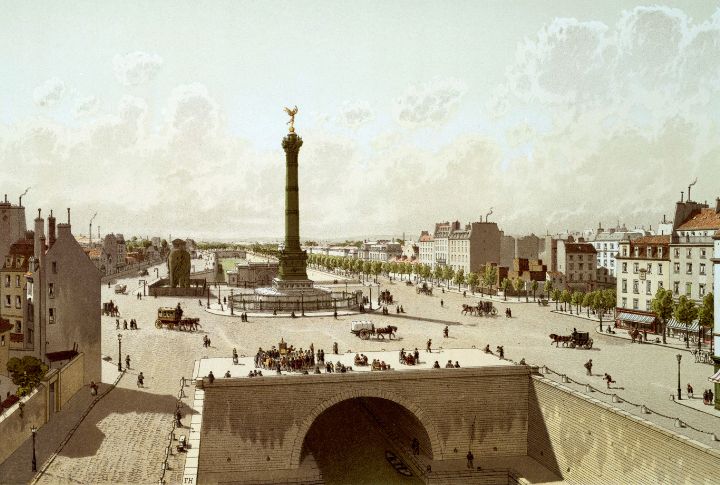
The mob crowd was initially disorganized and under-armed. But a handful of rebels stormed the Bastille, a medieval fortress and state prison, and became a symbol of revolution. Could you imagine a world where the French Revolution, with its ideas of liberty and equality, had been snuffed out early? The royal forces did not crush the mutiny decisively.
The U.S. Election Recount In Florida (2000)
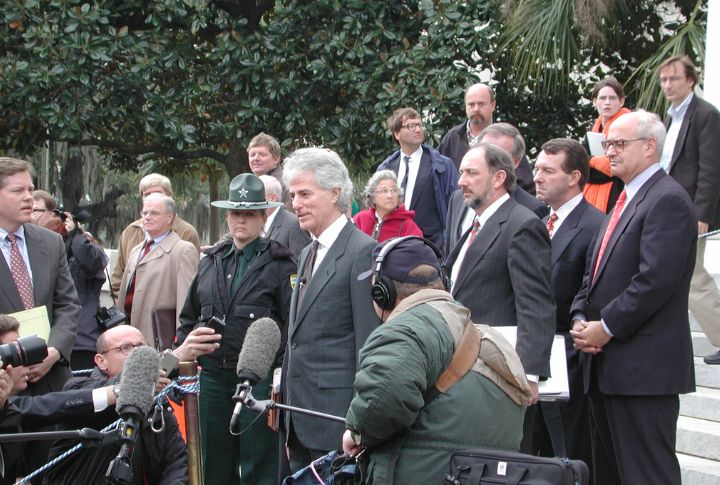
A razor-thin margin in Florida led to the Supreme Court halting the recounts of the votes cast in the 2000 Presidential election. Without the Supreme Court’s interference, George W. Bush would not have assumed the presidency. In an alternate timeline, Al Gore would lead the nation during a time that saw 9/11 and technological advancements.
The Manhattan Project’s Gamble (1945)
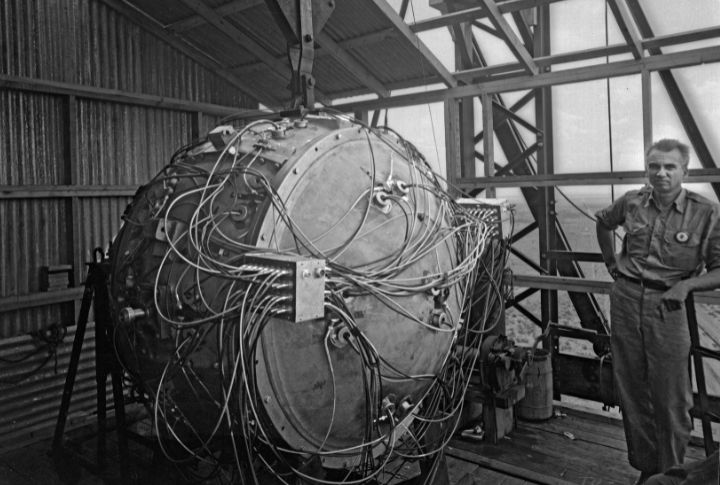
Scientists involved in the Manhattan Project feared that the development of nuclear weapons might cause a chain reaction and ignite the Earth’s atmosphere. However, the Trinity test still went ahead and barely succeeded. Had the calculations not been accurate, atomic science could have ended life as we know it.
The Fall Of Constantinople (1453)

A forgotten gate spelled doom. During the siege, one of the gates to the city, the Kerkoporta, was accidentally left unlocked. It allowed the Ottoman forces to storm the city of Constantinople. In the event the gate had been locked and secured, the Byzantine Empire might have sustained longer, and delayed the rise of Ottoman dominance in southeastern Europe.
Apollo 11’s Lunar Liftoff Risk (1969)
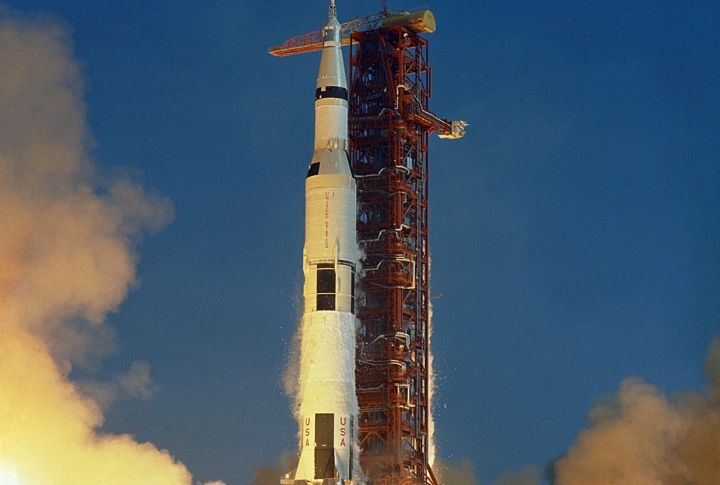
The entire world watched Neil Armstrong walk on the Moon, but NASA engineers were focused on the ascent engine, which had no backup. Had it failed, Armstrong and Aldrin would’ve been stranded on the Moon forever. Their success made sure that this historical feat did not turn into a tragedy and put space exploration in jeopardy.
Napoleon’s Escape From Elba (1815)
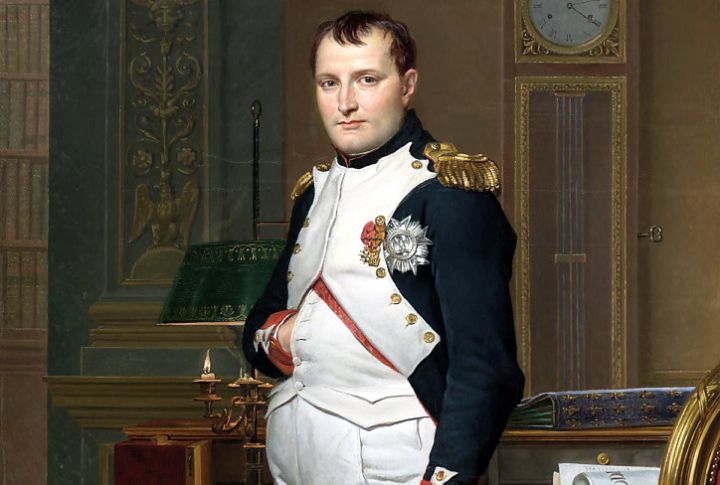
After being exiled to Elba in 1814, Napoleon’s audacious return reignited tensions in Europe. Had British or French forces intercepted him early, the Hundred Days or the Battle of Waterloo would never have occurred. Instead, Europe relived a brief period of conflict, which ended with Napoleon’s exile to St. Helena.
Chernobyl’s Worst-Case Scenario (1986)

One of the reactors exploded during a safety check, and the containment efforts barely prevented a full core meltdown. Had more graphite been used as the moderator caught fire, the fallout had the power to render much of Europe uninhabitable. It was one of the biggest disasters caused by human lapse, but a more devastating one lurked beyond the edge of what happened.
Lenin’s Survival After An Assassination Attempt (1918)
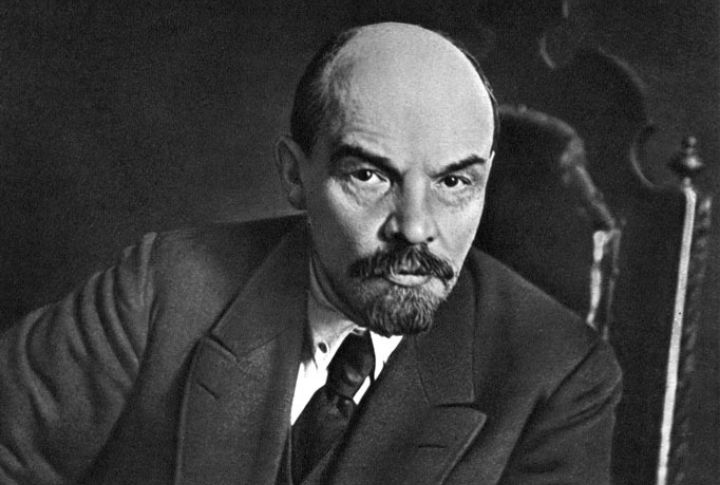
Vladimir Lenin was shot multiple times at the Michelson Plant in Moscow at the hands of the Socialist Revolutionary Party member Fanny Kaplan. His survival allowed the Soviet regime to consolidate power. Had he died, the fragile Bolshevik leadership might have fractured, possibly collapsing before Stalin’s rise and reshaping 20th-century geopolitics entirely.

